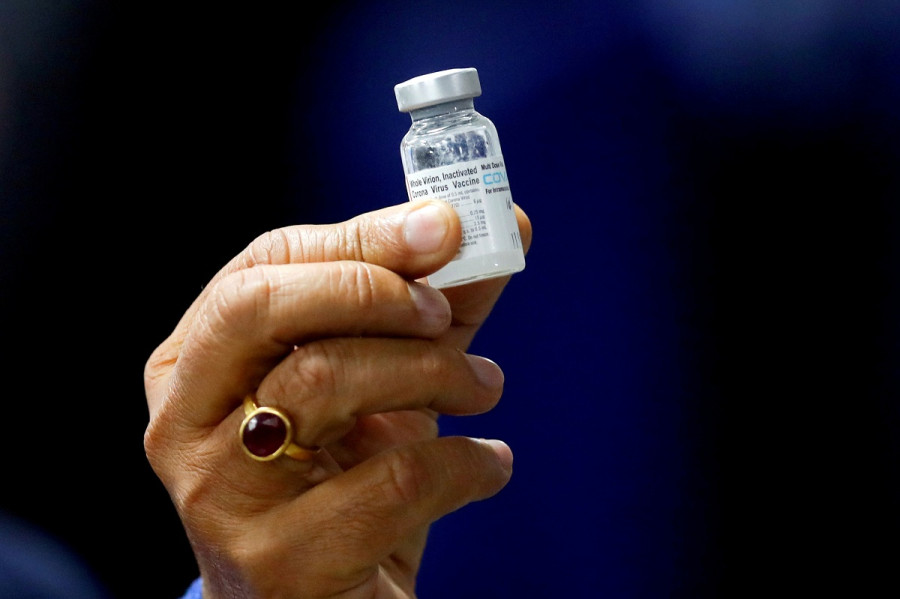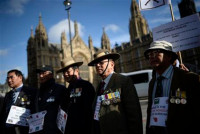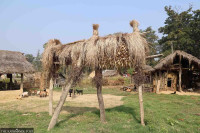National
Bharat Biotceh’s COVAXIN gets emergency use approval in Nepal
The Indian vaccine is third to get such authorisation.
Arjun Poudel
Amid uncertainties about the supply of Covid-19 vaccine, Nepal’s national drug regulatory authority has granted emergency use approval to COVAXIN developed by Bharat Biotech.
A meeting of the drug advisory committee of the Department of Drug Administration on Friday decided to issue a conditional emergency use authorisation to the vaccine, according to a press statement issued by the department on Friday.
With this, the number of vaccines granted emergency use authorisation has reached three.
Bharat Biotech had applied for emergency use authorisation for its vaccine on January 13.
Of the three applications filed on January 13, the department had first granted emergency use authorisation to Oxford-AstraZeneca on January 15.
The AstraZeneca vaccine, manufactured by the Serum Institute of India under the name of Covishield brand, was then accordingly brought to the country.
Nepal granted emergency use authorisation to BBIBP-CorV vaccine, developed by China’s Sinopharm on February 17.
Emergency use authorisation (EUA) is granted for some drugs and vaccines by authorities during a declared emergency when officials can make a judgment that the drug is worth releasing—even without all the evidence that would fully establish its effectiveness and safety. Such a decision is taken when there’s enough evidence to suggest that patients have benefited from the drug/vaccine.
COVAXIN is India's homegrown government-backed vaccine. It has an efficacy rate of 81 percent, preliminary data from its phase 3 trial shows, according to the BBC.
India's regulators gave the vaccine an emergency approval in January while the third phase of the trial was still under way, sparking scepticism and questions from experts.
Nepal launched its vaccination drive on January 27 with one million doses of Covishield it received from India under grant assistance.
Of the 2 million doses for which Nepal signed a deal with the Serum Institute, one million doses have already arrived and the remaining half is expected to arrive soon. Nepal has also received 348,000 doses of vaccine under the COVAX facility.
So far, over 1,700,000 people have taken the first shot in the first and second phases of the vaccination campaign.
During the first phase of the vaccination drive (between January 27 and March 4), 438,879 people were vaccinated while over 1.25 million people took the first shot of the jabs in the second phase from March 7 to March 15.
People over 65 were immunised during the second phase.
The government says it has around 600,000 doses in its stock. Those who have received the first shot would be administered the booster shot from April 20 to April 24.
Nepal has to immunise 72 percent of its 30 million population, but only around 5.7 percent of the population has received the first dose so far.
The government has currently suspended the vaccination drive with no immediate plans to resume it as it is struggling to acquire vaccines.
The Health Ministry’s attempt to procure an additional 5 million vaccine doses from the Serum Institute has not been successful, as officials say the manufacturing company has not responded yet.




 13.16°C Kathmandu
13.16°C Kathmandu















